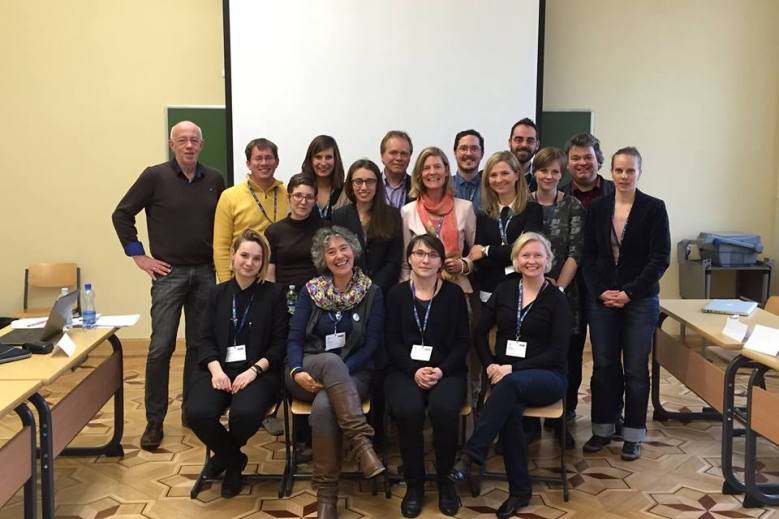On June 4, Prof. Dr. Mattias Kumm, Managing Head of the Rule of Law Center at WZB Berlin Social Science Center and Professor of Law at New York University, will deliver a lecture at HSE entitled ‘Liberal Constitutional Democracy 25 Years After the End of the Cold War’, which is sponsored by the HSE Faculty of Social Sciences and the ISEPR Foundation. Professor Kumm, an internationally recognized expert on globalization and the rule of law, spoke briefly with the HSE news service ahead of his lecture on Thursday.
Research & Expertise
Emigration from Russia has changed significantly over the last decade. The potential for ethnic repatriation has almost been exhausted, but other factors have become stronger in the population outflow, such as reunion with families and trips for education. Such emigration is largely determined by differences in the quality of life and policies in host countries, which welcome young, educated, qualified people with a certain level of income, said Mikhail Denisenko, Deputy Director of the HSE Institute of Demography, in his presentation at the XVI April International Academic Conference at HSE.

Migrants from Central Asia in Moscow are often involved in hard physical work and live in bad conditions, both of which affect their health. But the access to medical aid is complicated for them due to their social isolation. As a result, foreign labourers use alternative strategies of therapy: from self-treatment, which is fraught with exacerbating the condition, to going to private ‘ethnic’ clinics. Daniil Kashnitsky, Assistant Researcher at the HSE Institute for Social Development Studies (ISDS), analyzed the medical aid for migrants in the Russian capital.
Vasily Klucharev, Leading Research Fellow at the HSE Centre for Cognition & Decision Making, and Anna Shestakova, Director of the Centre, have become co-authors of a chapter in ‘Brain Mapping’, a three-volume encyclopaedic collection.
A new academic journal, Russian Politics, has just been launched by Brill Academic Publishers (Leiden, Netherlands and Boston, USA). Three members of the editorial board are representatives of the Higher School of Economics — Professor Andrei Melville, Dean of Faculty of Social Sciences, Professor Nikolay Petrov and Professor Rostislav Turovsky. The first issue will be published in early 2016 and there will be four issues per year.
Young Russians are in no hurry to start living on their own. The age of moving out from the parental home has increased from 18-20 for previous generations to 23-25 for today's youth. Instead, young people are spending more time in search of themselves and taking longer to get an education and choose a partner, according to a study by Ekaterina Mitrofanova, Junior Research Fellow at the HSE Institute of Demography, and Alina Dolgova, student at the HSE Faculty of Social Sciences.

Eastern European history shows that in the majority of post-Soviet countries, where lustration was carried out in one form or another, the situation with corruption is now considerably better than in those countries where lustration was not carried out. But what we see in Slovenia is, in fact, an clear deviation from this pattern. Lustration was not carried out in Slovenia. Nonetheless, the country is among the best performers in terms of anti-corruption measures and can be compared with Estonia, where lustration did take place. The Slovenia phenomenon has been analysed in the article ‘Fighting Corruption: The Slovenian Phenomenon’ by Yuliy Nisnevich, Professor at the School of Political Science, Academic Supervisor of the Laboratory for Anti-Corruption and Heather Stetten, independent researcher (USA).


